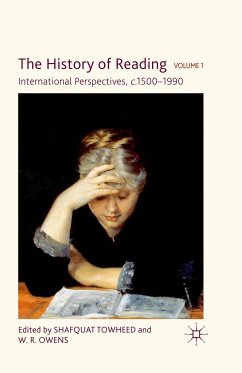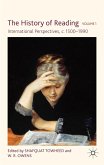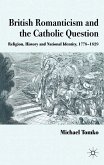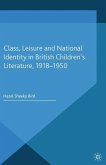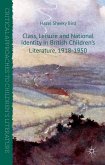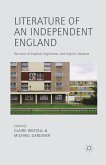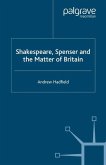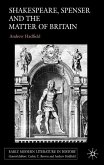Bringing together research from a variety of countries and periods, this volume introduces readers to the diverse approaches used to recover the evidence of reading through history in different societies, and asks whether reading practices are always conditioned by specific local circumstances or whether broader patterns might emerge.
'This consequential volume extends our understanding of reading in time and space. Importantly, the book takes us into the colonial and postcolonial worlds, a dimension generally lacking in scholarship on histories of reading. The book offers a dazzling array of case studies - Gandhi in prison, Protestant Bible readers in early modern England, Polish nationalists, political prisoners in South Africa and many more. Each meticulously researched essay demonstrates that understanding how people read is a key dimension in any intellectual history. This book considerably extends the frontiers of scholarship on histories of reading, print culture and book history. Lucidly written, this treasure trove will delight anyone who loves books and reading.' - Professor Isabel Hofmeyr, University of the Witwatersrand, South Africa
'This impressive collection of essays interrogates a remarkable range of surviving evidence of reading practices and experiences from the medieval to the modern.Here we have a series of intelligent and evidence-based investigations of one of the most debated topics in recent cultural history: the varying definitions and modes of reading. The sources used are as diverse as the places and ages of the study of reading, inviting extensive reconsideration of how and why people read and of our understanding of what women, men and children thought they were doing when they read. Comparative perspectives combine to refocus attention to questions of intensive and extensive reading, of the relationship between orality, writing and print, the changing nature of literacy (and different, contemporary and overlapping literacies), and the quest to find evidence of readers' responses. The great success of the collection is to bring forward this plethora of new historical case studies using memoirs, diaries, library circulation records, and marginalia and other textual clues to test both established historical interpretations and familiar theoretical assumptions in the history of reading.' - James Raven, Professor in Modern History, University of Essex, UK
'...by scoping out some important new directions for the history of reading, this volume points to a bright future...' -Library & Information History
'This impressive collection of essays interrogates a remarkable range of surviving evidence of reading practices and experiences from the medieval to the modern.Here we have a series of intelligent and evidence-based investigations of one of the most debated topics in recent cultural history: the varying definitions and modes of reading. The sources used are as diverse as the places and ages of the study of reading, inviting extensive reconsideration of how and why people read and of our understanding of what women, men and children thought they were doing when they read. Comparative perspectives combine to refocus attention to questions of intensive and extensive reading, of the relationship between orality, writing and print, the changing nature of literacy (and different, contemporary and overlapping literacies), and the quest to find evidence of readers' responses. The great success of the collection is to bring forward this plethora of new historical case studies using memoirs, diaries, library circulation records, and marginalia and other textual clues to test both established historical interpretations and familiar theoretical assumptions in the history of reading.' - James Raven, Professor in Modern History, University of Essex, UK
'...by scoping out some important new directions for the history of reading, this volume points to a bright future...' -Library & Information History

